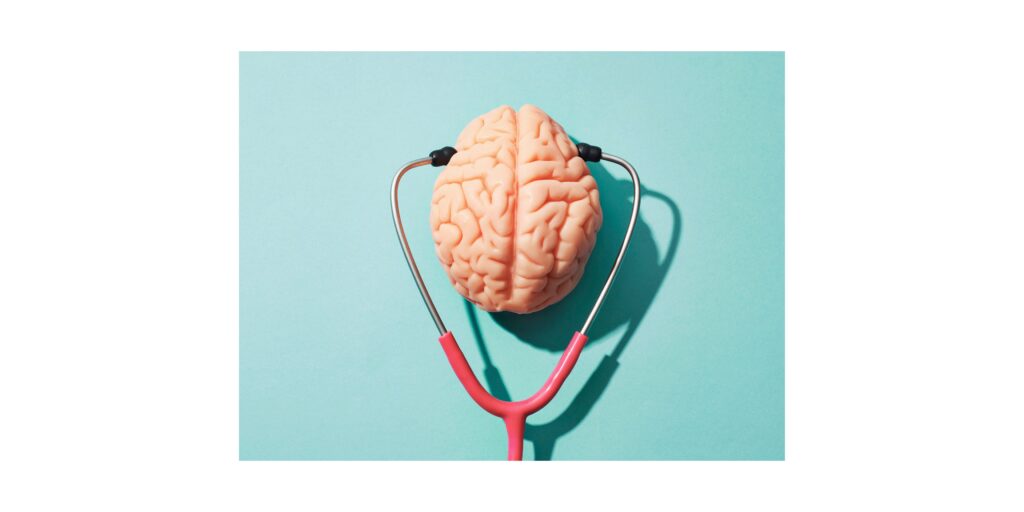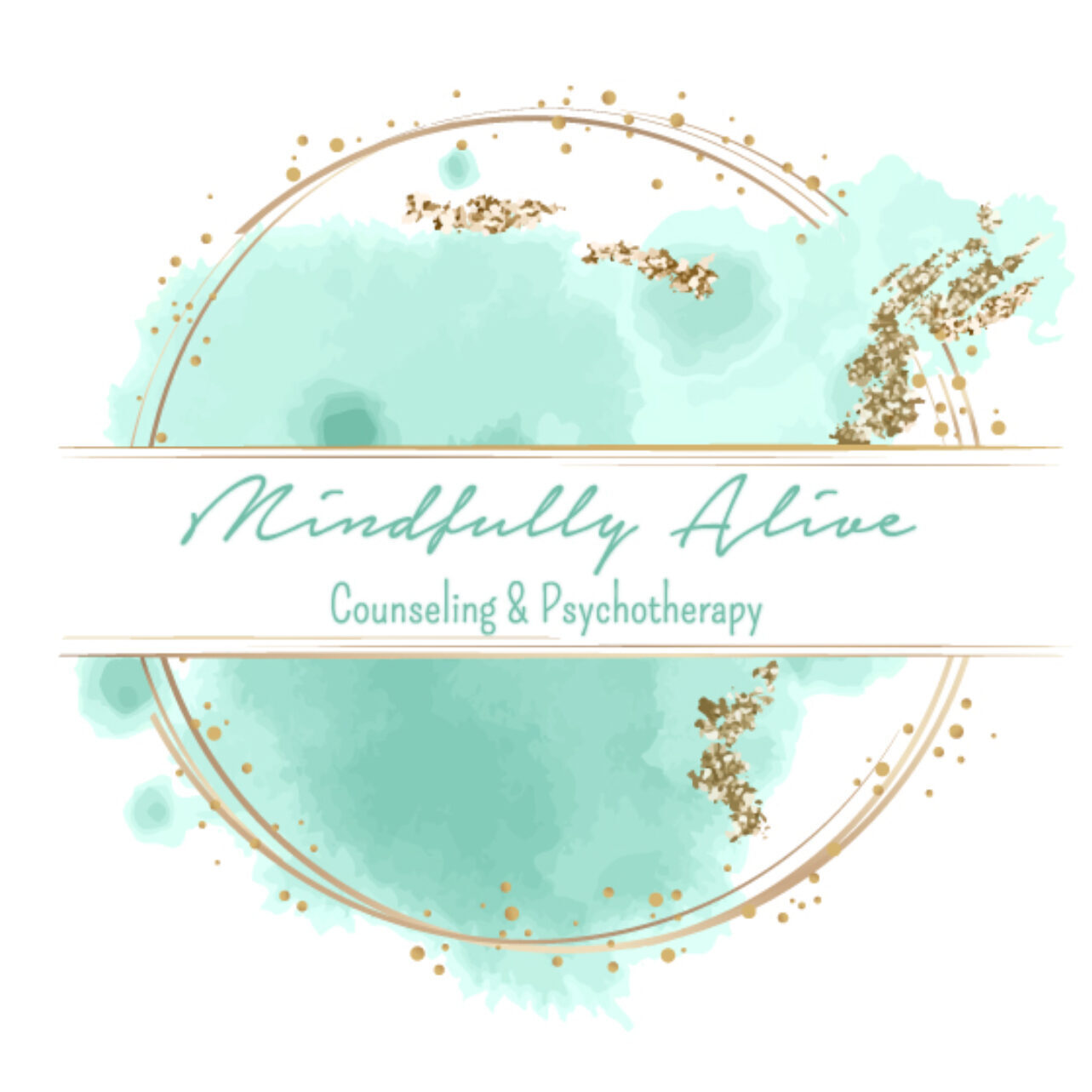
As the velocity and stress of modern life is rising, more and more people are struggling with autoimmune disorders or chronic pain. At the same time, we came to believe that everything can be cured by pills and medical interventions and have created a dichotomy believing that our minds and bodies are separate. Our intangible psychology and our bodies are intimately connected and our emotional life can have a “real-world” effect, expressing itself through our bodies. In fact, some particular psychological and personality traits are risk factors for filtering emotions and actions through the lens of chronic pain or autoimmune disorders.
Our Body
Our physiological immune system helps our bodies repel disease-causing organisms (pathogens). It is a complex defense structure that protects us through two cooperative systems. The innate immune system is our first line of defense, but if pathogens are able to bypass it, the adaptive immune system gets activated in order to fight the “intruders”. It’s an adaptive automatic process that brings about our recovery if we don’t sabotage it, of course! Physical ailments shift the person’s focus onto Self and their behaviors to those that promote healing. One can’t hold a 3-hour meeting with a 102 fever or run a marathon with sciatica pain. We rest, take medication if required or in some instances have surgery, and the immune system does the rest!
Our Psychology
Similarly, our psychological immune system (Barbanell, 2009) functions to protect us from emotional upheaval and help us “hold it together”. We seem to have a built-in mechanism to keep most intense psychological and emotional information out of awareness and automatically filter, edit, or store it away for months and years. Lucky for us! Imagine what it would be like if we felt every emotion at every moment, or remembered every painful memory or thought! The very core of our existence – an inherent need to connect with other human beings and a necessity to regulate our social behavior – would be threatened.
Fortunately, our psychological immune system protects us from emotional suffering by engaging various (unconscious) mechanisms of defense such as rationalization, repression, denial, or projection to name a few. These inborn, automatic defensive processes are comparable to break pads on a car. You know that over time, from excessive use or reckless driving, the pads wear off.
Our Psychological Immune System
Naturally, we need both immune systems to work in unison to safeguard our physical and mental health. Many factors, however, contribute to the decline of the effectiveness of protective functions of the immune system. I’ll leave it to the medical professionals to educate the public about the biological immune system, but with regard to the psychological immune system, attrition, prolonged exposure to crises, weakening of defenses, or major injury or illness can render the system ineffective which leads to emotional vulnerability.
Emotional turmoil goes hand in hand with physical illness. Examples of that correlation are abound: a student gets a cold after a particularly stressful exam or a disgruntled employee develops an ulcer. Physicians of many specialties have observed patients starting to show symptoms of depression, anxiety, panic disorder or PTSD after their physical maladies had been treated. In some instances, our psychological immune system acts like an overprotective parent to ensure we stay safe and undesired emotional “stuff” doesn’t reach consciousness. It curtails our ability to process, make choices and it can be detrimental to our health.
Your Psychology as the Medicine
Most of us take care of our health, do annual check ups, blood work, exercise and take vitamins. Unfortunately, very few people pay enough attention to the psychological immune system robustness. As such, they may not be aware that they are at risk and may ignore important signals from the mind and the body. When our protective systems fail to protect, we need to take inventory of our physical and psychological health looking at ourselves as a whole and not as a disjointed bunch of organs. Start by making an immune system checklist.
- Suffering from ailments that are known to be related to psychological distress? Disorders of GI tract? Migraines? Certain autoimmune disorders? Chronic pain condition? Hypertension?
- Tend to overanalyze or intellectualize? Think emotions are weak or frivolous? Project onto others unwanted emotions and feelings?
- Meet criteria of tension-prone personality- i.e overly responsible, conscientious, virtuous, perfectionistic and self-critical?
- Tend to take care of others? Known to be selfless?
- Overfly reliant on your most dominant character trait?
If your answers lead you to suspect that your psychological immune system is depleted, it is possible to restore it with proper psychotherapeutic treatment and explore any repressed emotions that may be contributing. It is estimated that 90% of all physiological problems have psychological roots. That may sound like a gross exaggeration, but it’s probably, in fact, a conservative estimate. A growing body of evidence is showing that virtually every illness that befalls the body- from acne, to arthritis, headaches to heart disease, cold sores to cancer, is influenced, for better or worse, by our emotions. The mind has the power to heal, and it has the power to hurt as well.
Ultimately, we are heading towards a more integrative awareness of our own inner healing capacities and an understanding that the journey back to health begins with taking back control over how we feel.



Be the first to reply